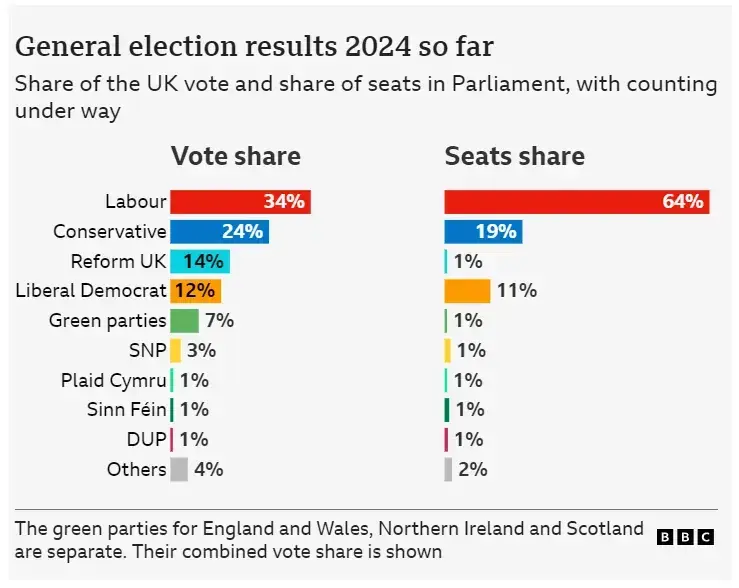Hey folks. I just want to check in with the community about a post that was recently removed. My intention is absolutely not to create drama or stir anything up, but I'd like to make sure you all understand my reasoning for removing the post. Also, I'm aware that I'm not as good at articulating these kinds of things as some of our folks, so don't expect a classic Beehaw philosophy post here.
The post in questions was a link to a twitter thread providing evidence of the IRL identity of "comic" "artist" stonetoss, who is unquestionably a huge piece of shit and a neo-nazi, or at least something so indistinguishable from one that the difference is meaningless.
The post provoked some discussion in the Mod chat and several of us, myself included, were on the fence about it. I understand that there are arguments both for and against naming and calling out people like stonetoss. I find arguments in both directions somewhat convincing, but ultimately the thing that a number of us expressed was that the act of calling someone like this out and potentially exposing them to harassment or real-world consequences for their views might be morally defensible, it didn't feel like Beehaw was the right place for it. We really want Beehaw to be a place that is constructive and kind, and that this type of doxxing/callout didn't seem to fit our vision what what we want Beehaw to be. At the same time, we're all very conscious that it would be easy for this kind of thinking to lead to tone policing and respectability politics, and that is also something we want to be careful to avoid. All this to say that I made what I think was the best decision in the moment for the overall health of !politics as a community, as I saw it.
On a personal note, I find that our Politics community is one of the communities that is most prone to falling into some of the traps that Beehaw was created to avoid. That's very understandable - politics are something that cause real and immediate harm and stress in a lot of folks' lives; they're complicated, contentious, and often make us feel powerless. I'd like to remind folks as we move into the general election season in the US, though, to remember the founding principles of Beehaw when discussing these topics, no matter how stressful they may be: remember the human, assume good faith in others, and above all, be(e) nice.
Thanks,
TheRtRevKaiser
